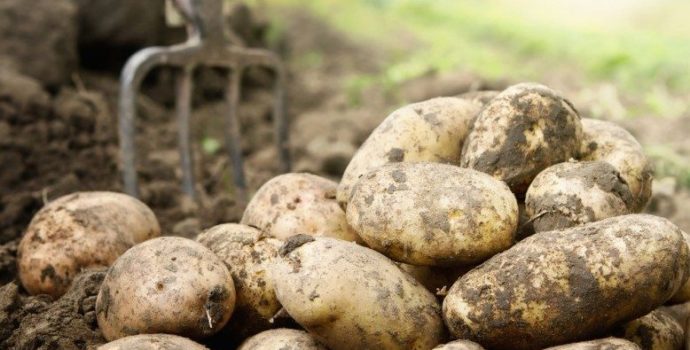Sbci Data Highlights Farmer Demand for Competitively Priced Loans – IFA

IFA Farm Business Chairman, Martin Stapleton has said the recent data from the Strategic Banking Corporation of Ireland (SBCI) on lending to SMEs and farm enterprises shows the demand among farmers for competitively priced loans.
The latest figures show that almost 24% of SBCI-backed loans have been drawn down by farmers, representing the highest demand among all of the different SME sectors.
Martin Stapleton said “There remains an ongoing market failure within the Irish banking system, with a lack of competition and a legacy of historical banking losses. The higher interest rates being charged as a result are placing Irish farmers at a competitive disadvantage with their EU counterparts.
“The SBCI is playing a very important role in providing greater competition and more flexible lending products to farming and other SME sectors. It is important that the number of lending options for farmers continues to increase, and I welcome the SBCI’s intention to announce new on-lending partners.
Martin Stapleton said, “In 2016 IFA pushed very hard for the delivery of lower cost working capital for farmers, highlighting the very high interest rates being charged for formal and informal short-term finance. The Government response was very positive, with the introduction of the SBCI agri-cashflow loan in last October’s budget. This fund has been very successful, with high demand among farmers, who have put their short-term funding in a lower cost and more formal structure.
“As part of its pre-budget 2018 campaign, IFA has highlighted that the agriculture sector is facing continuing competitiveness challenges arising from the weakness of sterling as a direct fallout from the UK Brexit decision. We have proposed that this October’s budget should support new loan products for farming through the SBCI, to fund both ongoing working capital requirements and for on-farm investment. This would provide a means for the Government to directly and positively support investment by Irish farmers in their enterprises,” Martin Stapleton concluded.




